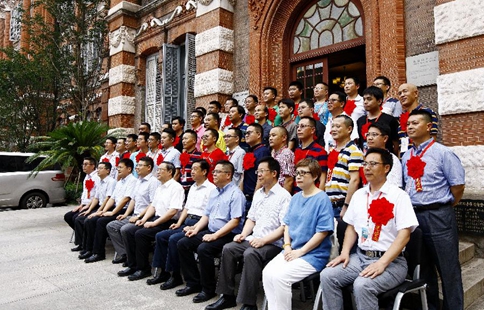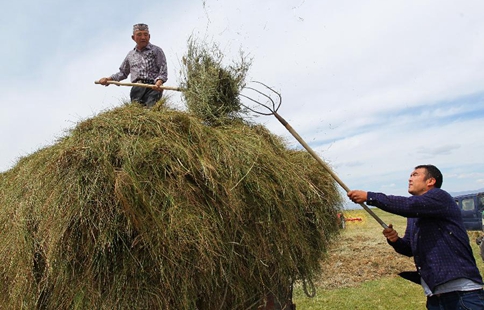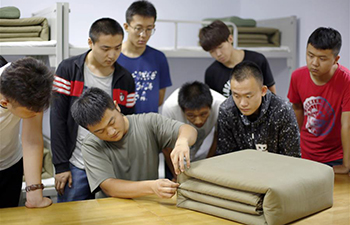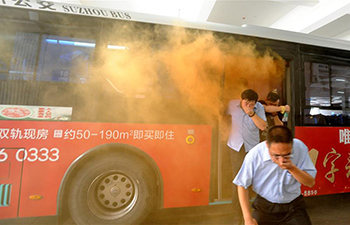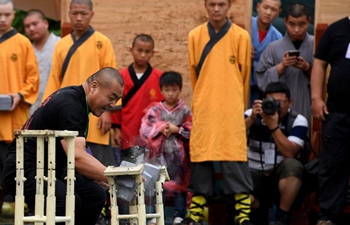MELBOURNE, Aug. 1 (Xinhua) -- Australia's leading universities on Tuesday promised to crack down on sexual harassment after a landmark national survey found half of students were harassed in the past year.
The survey of 31,000 randomly selected students from 39 institutions, released by the Human Right Commission on Tuesday, found that 51 percent of respondents were sexually harassed at least once in 2016, half of which occurred in a university setting.
Glyn Davis, Vice-Chancellor of the University of Melbourne, said that the institution would use the findings to protect its students from sexual harassment.
"Sexual harassment and sexual assault are unacceptable. Every time," Davis said in a message to students and staff.
"Such harassment and assault are never the fault or the responsibility of the victim. As a community we are committed to learning from these results and making this a safer place for students."
More than 2,300 students from the University of Melbourne responded to the survey, among the highest participation rates of any institution, 50 percent of whom said they were sexually harassed in 2016.
Rosalind Croucher, the newly-inducted President of the Human Rights Commission, said the report recognized "continuing problems" for students.
"Behind the statistics in this report ... are many personal stories, experiences, deep experiences and deep pain," Croucher said.
"(Students) want to feel safe, they want to feel respected and they want others to acknowledge the pain of their experience.
"They want others to support them in their healing and they want things to change so others won't be subjected to the same things they were."
Simon Birmingham, Australia's Education Minister, said that "sexual assault and harassment have no place in Australian universities, just as they have no place anywhere in Australia."
Davis said that the University of Melbourne had already taken steps to establish a Respect Taskforce to improve culture and roll out online training modules to provide education on communication, relationships and sexual consent.
Overall, the report found that female students were twice as likely to be victims of sexual harassment than their male counterparts.
In addition to the widespread sexual harassment, 1.6 percent of respondents said they were sexually assaulted at least once in 2015 or 2016.
Kate Jenkins, Australia's Sex Discrimination Commissioner, described the report as a milestone.
"Today, for the first time, we have statistically significant national data on the prevalence and nature of this problem at Australia's universities."
Administrative leaders from all 39 universities who participated in the survey were due to meet with students and staff on Tuesday to discuss the report.





